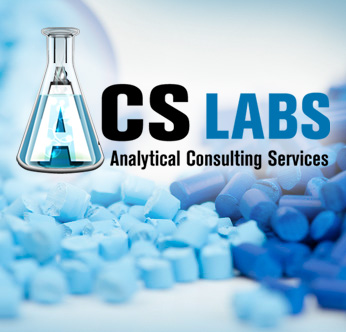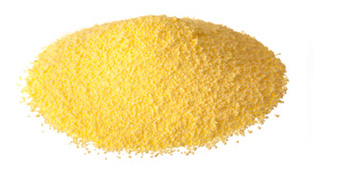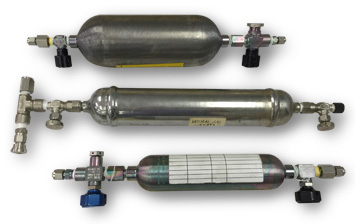
Company History
Founded in 1973 by Ernest and Sharon Williams, ANALYTICAL CONSULTING SERVICES (ACS LABS) is a commercial testing lab. ACS' main focus is on consulting services to the petrochemical, environmental, energy, industrial problem-solving, geochemical, pharmaceutical, catalyst, bio-medical and forensic fields. In 1979, emphasis shifted to major, minor and ultra-trace metals analysis and support for the Gulf Coast petroleum industry.
Using high tech instrumentation, ACS has developed procedures for analyzing mercury and arsenic in petroleum matrices. ACS has developed procedures for phase separation technology in soil remediation, product purity, and assaying precious metals, and ACS has been successful in developing test methods and analyzing trace metals in pharmaceutical DNA and various tissue samples for the pharmaceutical and bio-medical industries. In cooperation with Robert Newman, Ph.D., of M.D. Anderson Hospital and Tumor Institute, and Alan Forster, Ph.D., of Shell Research and Development, Williams obtained a patent for using the ICP-MS for trace metals analysis in bio-medical applications.
ACS has collaborated with other companies by providing chemical research and analysis for the developmental stage of client projects. In the late 1980's and early 1990's, ACS Labs collaborated with major oil companies for low-level determination of Mercury in hydrocarbons, petroleum products, LPG, natural gas, cracked Naphtha, and feedstock. ACS was able to analyze Mercury in these matrices at 2 PPB detection levels after much research.

Mercury and Arsenic are naturally occurring elements that are becoming increasingly critical to the petrochemical industry. Mercury volatizes under heat and pressure, and can result in explosions at refineries. Much of the crude coming from other parts of the world contains higher levels of Mercury, creating a greater need to monitor Mercury and Arsenic levels in petroleum products, LPG, natural gas, cracked Naphtha and feedstock.
ACS Labs is a lab specializing in metals analysis and has spent the past 30 years perfecting procedures for Mercury testing.
ACS is a commercial lab dedicated to major, minor, and ultra trace metal analysis. Because of this expertise, in early 1988, ACS began working to develop a technique for analyzing mercury in petroleum factions. Since that time, ACS has completed thousands of petroleum samples, ranging from gas samples to light-weight gas oils, crude, naphthas, raffinates, and others.
The hazards of Mercury in petroleum warrant analytical techniques which yield a high level of confidence, which has prompted us to embellish on past techniques to now provide better technology for this element. Mercury, Arsenic, Lead, Antimony, and other metals in petroleum products has become increasingly important. ACS Labs has developed proprietary techniques for the testing of Mercury and Arsenic in petroleum-based products. Other matrices include, but are not limited to, crude, feed stocks, natural gas, and LPG.

ACS Labs continues to offer expertise in problem-solving research and development projects. ACS' instrumentation primarily consists of ICP (Inductively Coupled Plasma) and ICP-MS (Inductively Coupled Plasma Mass Spectrometry). ICP-MS is a single or multi-element solutions analyzer using a quadrapole spectrometer as a detector system.

The argon plasma torch is used to de-solvate the sample and as an ion generator for the mass detector and generally used as an ultra-trace (PPB range) multi-element (metals) analyzer. Other instrumentation at ACS consists of Thermo ICP, Milestone DMA80 Direct Mercury Analyzer, and CEM Mars 6 microwave oven. Applications have been developed for polymer additives, crude oil, polyethylene, pharmaceuticals, lube oils, LPG, natural gas, gasoline, polyvinylchloride, nylon, chemicals, polycarbonate, and more. Other areas of expertise include precious metals and rare earth analysis.
Ernie Williams and ACS Labs, along with other engineers redesigned the DCP instrument and pioneered use of computer imaging in spectrometry.